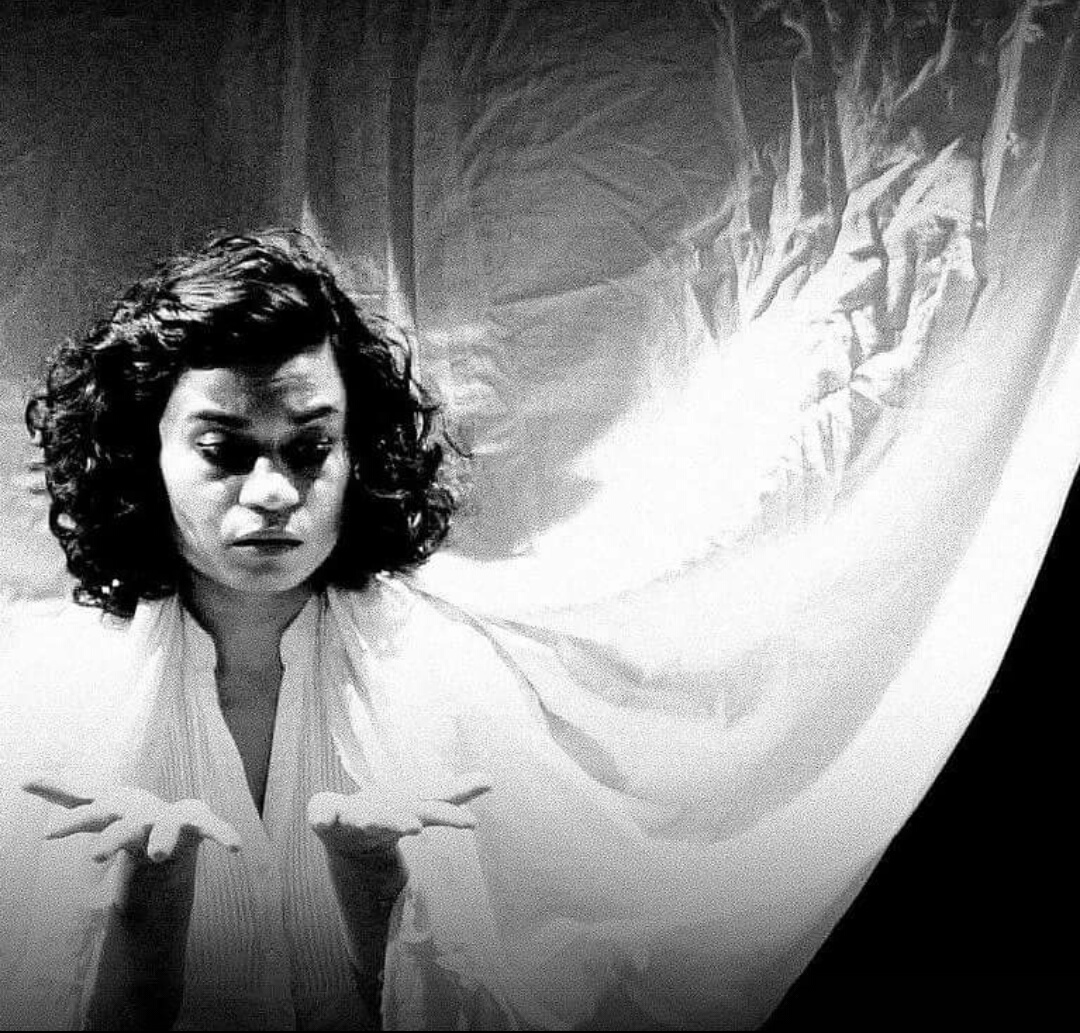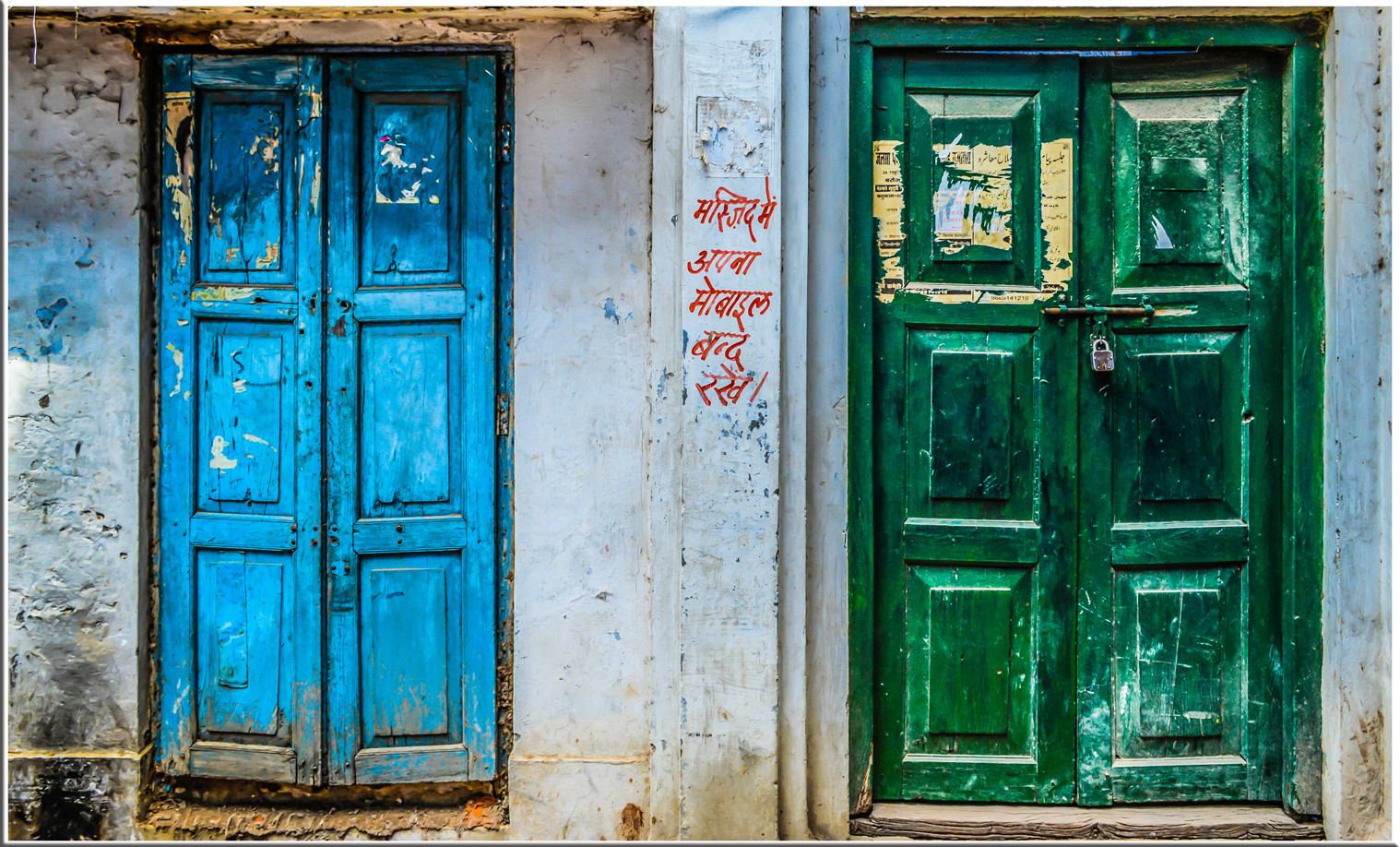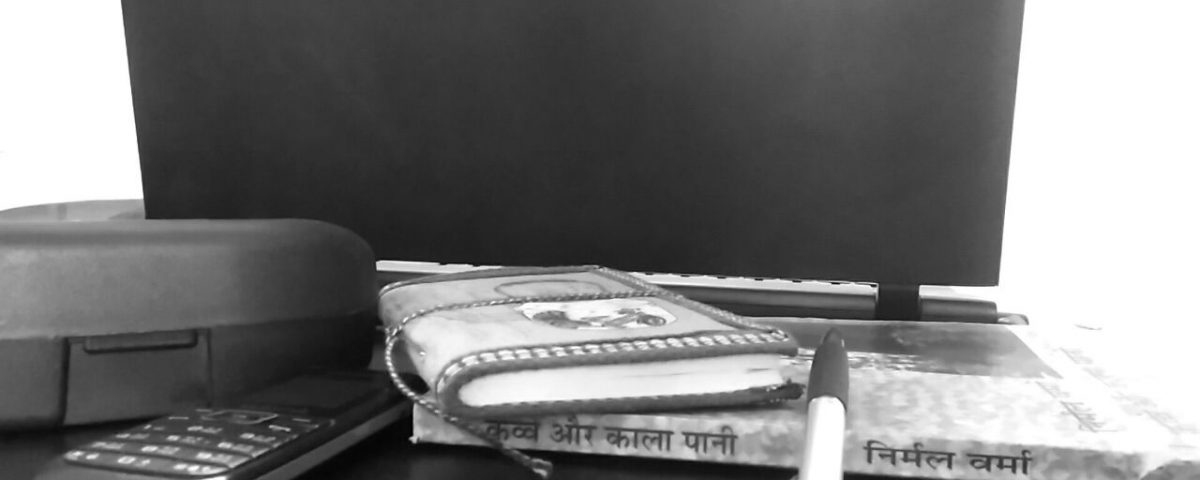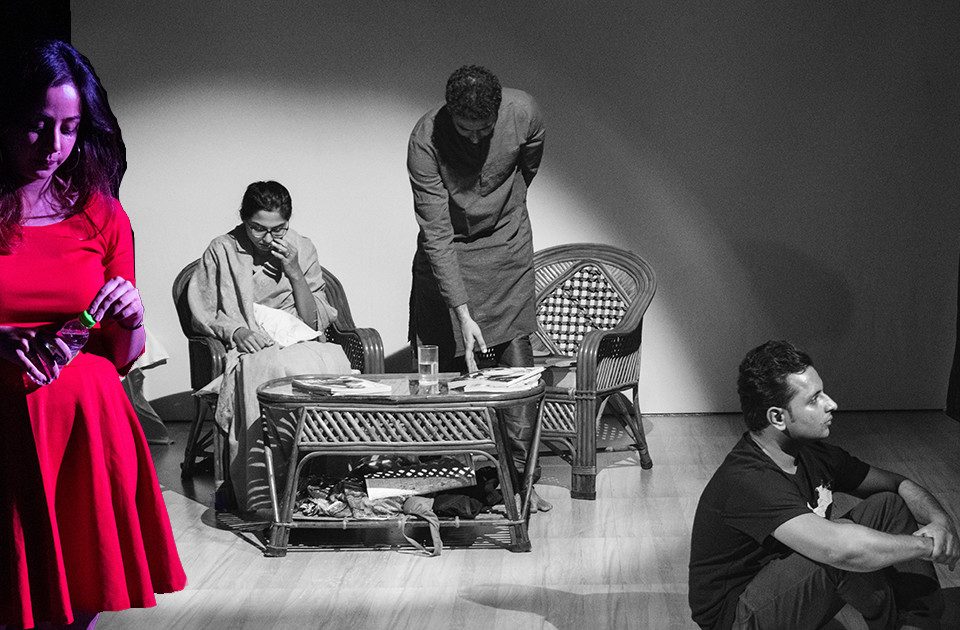
Manjari, From Lucknow to London
February 27, 2017
Where Did We Go Wrong?
March 30, 2017Divyanshu
Deciding a career is a stupid idea. Or maybe it’s the other way around. I guess it’s too early to say things like these, considering that I have recently stepped into the age where having a career is a substantial thing and not just a question that unwanted relatives ask you. For most of my time, spent in school, I wanted “to become a scientist.” Was I any good at science? No. The only reason that I had such a dream was because the subject fascinated me. It still does. Trying to find simpler meaningful methods to describe the working of the obvious things around us is intriguing. It saves you from the trouble of having to ponder about the very obvious things and wasting your time over questions that have no answer. And it’s is always more interesting than sitting in an office for an eight-hour job. I had nothing against such kind of work. I had realised quite early in the age that one thing that I can’t do is follow a routine. Perhaps, that’s why I hated schools.
Opting for writing was an impulsive decision. After a while, I decided to become a scientist and carry on with writing fiction. It was as absurd as it sounds. I wasn’t good at any of it. I was no prodigy. I never had a talent regarding almost anything. When I read the kind of write-ups that young writers these days come up with, I am no less than amazed. (When I was that young, I used to be an arrogant nuisance, who considered himself too funny to have a serious understanding of any subject.)
My humility often tells me that perhaps the idea to become a novelist was probably a not-so-good kind. But then, I have invested too much of myself into the magic of words to back off. And why should I? said the arrogant boy.
Looking around the Web these days, I see many people connected to the craft of weaving words and realise that they don’t respect the art as much as they should. Stephen King writes in his celebrated On Writing: Memoirs of a Craft, “Art isn’t a support system of life. It’s the other way around.” And I realised that I have learned a lot about respect and humility for the craft from a man whom critics consider shallow and useless than from many navel-gazers who take themselves too seriously. 
. . . And not having any talent or knack for writing turned out really well for me because I never thought that I could just do it. I always knew that it would take a lot of practise, probably more than usual, continuous hard work and a series of failures to arrive at a point where it will all mean something, if ever. But the best part is, even if it doesn’t turn out to be an epiphany, I will still love what I am doing.
I didn’t have a computer back in eighth grade, so when I started writing, I used to write on diaries and notebooks with a pen. I started working on a novel using the characters and storylines that I saw on the television. The Marvel Comics characters had been my inspiration for a long time. Their pain and life not only provided me motivation, but also plotlines for my novel, set in a fantasy world. The classic battle of good against bad. A hero who is not only ready to struggle but also sacrifice everything for whatever is at stake. I also tried my hand at a copied Indian version of Sherlock Holmes, while I was reading that one, trying to write mysteries.
For a long time, my own characters, though stolen, became my motivation. Their stories and life pushed me forward, kept me going. I felt that I had a job to do, to give them closure. Alas, I couldn’t.
During my four years of depression, which started around somewhere in high school, I started to lose my grip not only on my characters but their stories and motivation. The simple, practical self-doubt that comes with following any art, had overpowered me. I was broken. The worst thing about depression is that a part of you moulds it for your comfort. You not only learn to prefer solitude but loneliness. Give up anything for silence and comfort. Considering how lazy I was, it took people around me, including myself, a long time to find out what I was going through. My parents ridiculed it as a teenage tantrum, my laziness and my cowardice that often became a hurdle and didn’t let me finish most of my work. Probably, they still think the same.
I loathed writing at that point of time. I blamed it all—my weakness, my lack of focus and obedience—on writing and the stupid decision of wanting to become a writer. As I had already mentioned it was an impulsive one. I got rid of my novel. What I couldn’t burn, I threw away in sewers on the way to my school. I didn’t have any slow-motion moment as you might see in the films when the hero is throwing away something he or she cherishes. I pulled them out of my bag, with a plain face, one at a time and tossed them as far as I could. Vowed to never go back to writing again.
Evidently, I can’t keep my vows. I don’t remember when I started again, but by 20th March 2013, I had a story on which, I could create a novel. We had a computer by then. I had a mystery and a detective to solve it. All I can say now is that I sat down and started writing. After that, it had been a rollercoaster ride. I had started reading novels more frequently than before. And the more I read, the more I had to write. 
There are days when writing is hard. There are days when it’s harder. I have to fight with words and churn out ideas from random notes and faded memories of conversations that I knew I should jot down, but I didn’t because I was stupid enough to think that I will remember it. Old habits of high school. But when you really put yourself to it, just as I am writing this blog right now, it gets a little easier. The only thing that I have learned in writing is believing in what I do. People who follow their lives in art must understand what they are doing. However, I have also learned that an artist’s perception regarding his or her work can be quite as wrong as the critics’. It’s a complicated business. That’s why everyone is not out there composing music or creating artwork that scratches your heart softly like an insane lover or writing novels that can grip you instantly and take you on a journey, which is beyond any visual comprehension.
But that’s not just about the arts. It applies same for any kind of work ever invented by humans to keep the circles of civilisation running. You have to believe in the magic for a moment, even you know all about the cranes, smoke machines and the mirrors. Because if you don’t then your audience won’t. And where’s the fun in that?
There was a lot of learning and unlearning before I started writing. You can read out my previous blogs in the series to find out.
He struggles with a keyboard and tries to fill the empty paper on the screen; therefore, Divyanshu is a writer, who distinctly dislikes blogging, but sometimes pours out ideas that aren’t fit for novels, not even stories, but too long for a Facebook post or a tweet. He also suffers with social anxiety but continues to work in the social sector with Bewajah. As if that made any sense.
![]()


